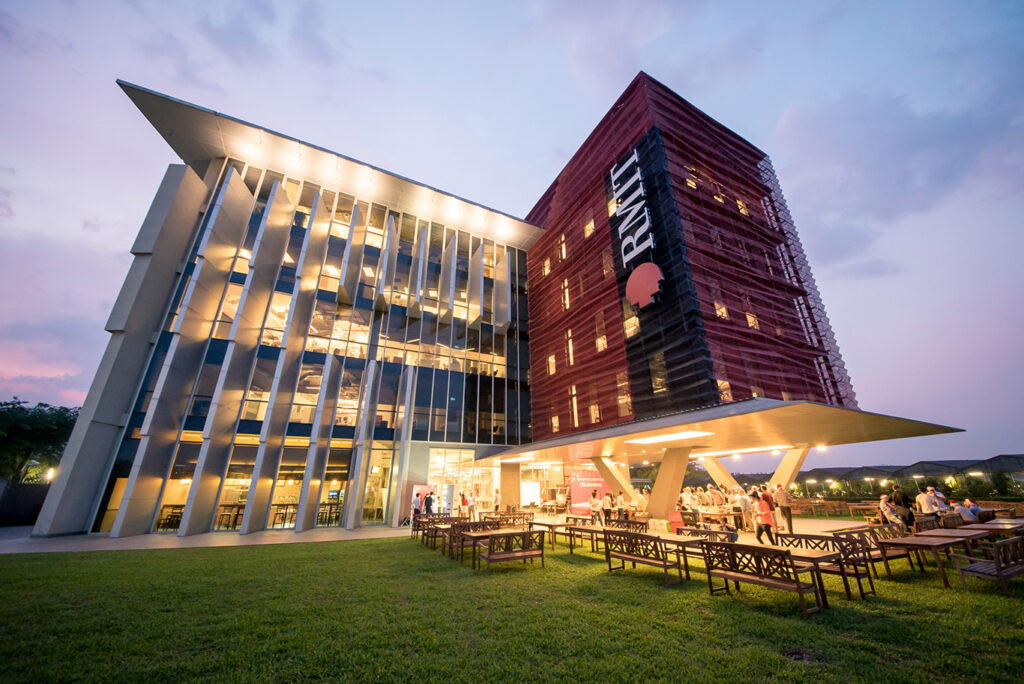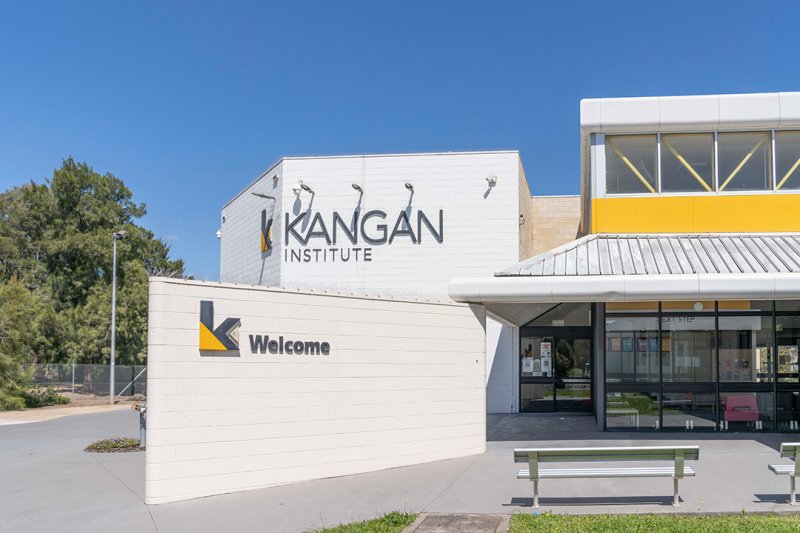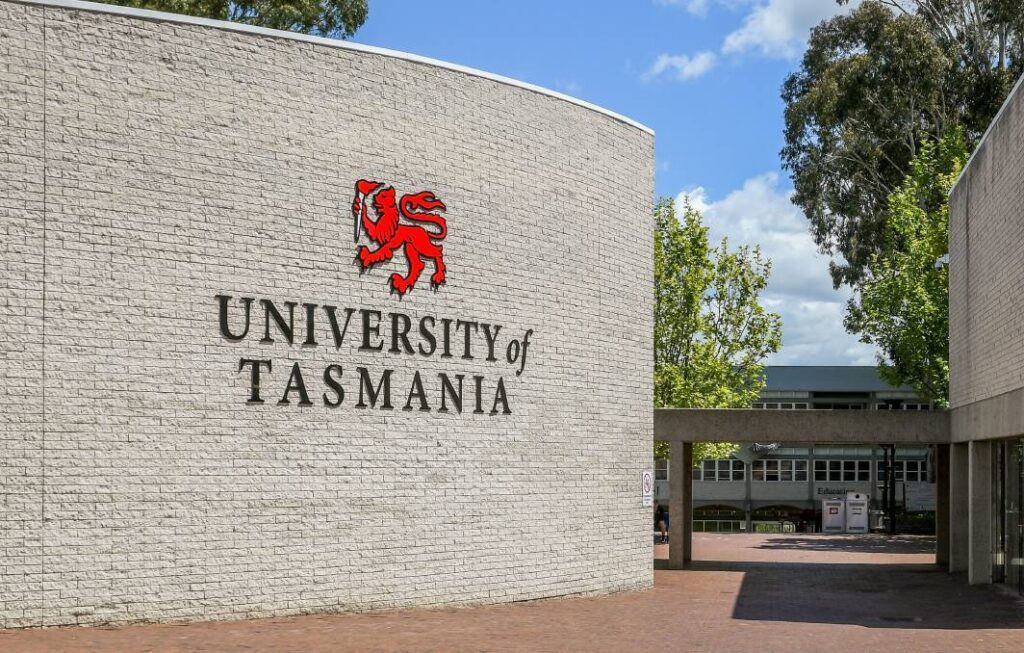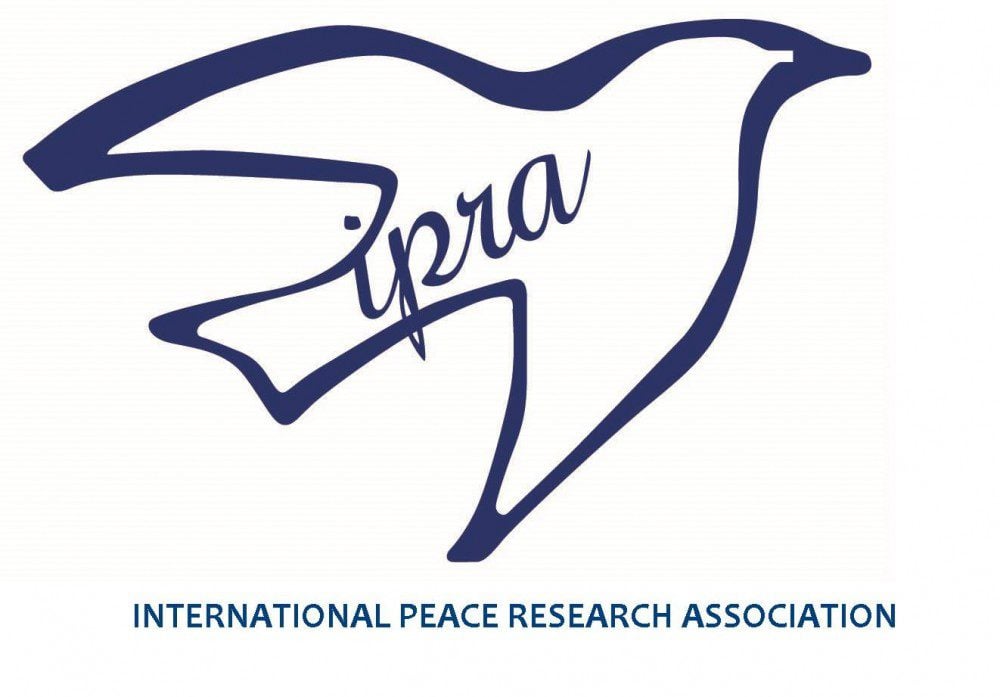RMIT University, located in Melbourne, Australia, is internationally renowned for its forward-thinking approach to education, research, and innovation. As one of the country’s most dynamic institutions, RMIT has established itself as a global leader in applied research, particularly in the fields of engineering, sustainability, and technology. With a strong focus on industry collaboration and real-world impact, RMIT equips students with the skills and experience needed to address pressing environmental and technological challenges.
Known for its interdisciplinary research culture and cutting-edge facilities, RMIT continues to drive breakthroughs in areas such as renewable energy, waste recovery, and circular economy solutions. The university’s commitment to environmental sustainability and technological advancement is reflected in its wide array of research programs that connect scientific exploration with practical applications. The PhD Scholarships in Innovative Resource Recovery from Plastics and Electronic Wastes is one such initiative designed to tackle global waste issues through groundbreaking research.
Scholarship Description
- Host University: RMIT University
- Host Country: Australia ;
- Study Level: PhD Level ;
- Scholarship Type: Full Funding ;
- Scholarship Worth: $35,886;
- Eligible Countries: National and International students;
- Subjects Available: Chemical Engineering, Materials Science, or Environmental Engineering;
- Application Deadline: December 31st, 2025.
RMIT University is currently offering two fully funded PhD scholarships for candidates interested in conducting research on Innovative Resource Recovery from Plastics and Electronic Wastes. This research project aims to develop advanced, sustainable technologies that can efficiently recover valuable materials—including critical metals, energy carriers, and carbon nanomaterials—from complex waste streams such as plastic waste and e-waste.
The project is positioned at the intersection of environmental engineering, chemical process design, and materials science, making it highly relevant for students passionate about clean technologies and the circular economy. Candidates will gain in-depth exposure to process engineering, pyrolysis, advanced material characterization, and experimental optimization techniques, contributing to environmentally responsible waste management solutions.
This research aligns with global sustainability goals and Australia’s national priorities in waste reduction, energy recovery, and green innovation. Scholars selected for this project will have the opportunity to work closely with experienced supervisors, participate in international collaborations, and contribute to publications and patents.
Scholarship Benefits
The PhD scholarships offer a competitive package of benefits that support candidates through every stage of their doctoral journey. Key benefits include:
- Annual Stipend: Recipients will receive an annual tax-free stipend of AUD $35,886, aligned with the Australian Government Research Training Program.
- Project-Based Learning: Scholars will work on a high-impact research project with direct applications to industry and global sustainability efforts.
- Professional Mentorship: Supervision by experienced researchers with expertise in chemical and environmental engineering, materials science, and waste processing technologies.
- Research Infrastructure: Access to RMIT’s world-class laboratories, including advanced instrumentation for materials analysis, pilot-scale processing units, and computational modeling tools.
- Career Development: Scholars will be encouraged to present at international conferences, publish in high-impact journals, and build a professional network within academia and industry.
- Real-World Impact: The project’s strong environmental relevance ensures that candidates’ contributions will support sustainable solutions and green technology development.
Eligibility Requirements
The scholarships are open to highly motivated domestic and international applicants who demonstrate academic excellence and a strong interest in resource recovery and sustainable engineering. To be eligible, candidates must meet the following criteria:
- Eligible Countries: Open to applicants from all nationalities.
- Academic Background: Applicants must hold a first-class Honours degree (Bachelor or Master) in Chemical Engineering, Materials Science, Environmental Engineering, or a closely related field.
- English Language Proficiency: International applicants must meet RMIT University’s English language requirements, typically through IELTS, TOEFL, or equivalent certifications.
- Research Interests: Candidates should have a demonstrated interest in sustainable technologies, circular economy principles, waste-to-resource systems, and energy-efficient process development.
- Additional Skills: Prior experience in experimental research, chemical process simulation, or materials characterization will be considered an asset.
These scholarships are ideal for students who aspire to develop next-generation waste recovery technologies and contribute to global environmental solutions.
Application Process
Prospective applicants are encouraged to initiate the application process by directly contacting the project supervisors. Unlike standard university applications, this scholarship requires personal outreach and academic dialogue with the research leads.
How to Apply:
- Contact the Project Supervisors: Interested candidates must reach out directly to the academic supervisors to express their interest and discuss the research scope.
- Prof. Kalpit Shah – Email: kalpit.shah@rmit.edu.au
- Dr. Ganesh Veluswamy – Email: ganesh.veluswamy@rmit.edu.au
- Prepare Your Documents:
- A comprehensive Curriculum Vitae (CV) including academic achievements, research experience, and any relevant publications.
- Contact information for two academic referees who can provide letters of recommendation.
- Evidence of English language proficiency (for international applicants).
- A brief expression of interest outlining your academic background and motivation for joining the project (optional but recommended).
- Further Steps: Once supervisors express interest, shortlisted candidates may be invited to submit a formal PhD application through the RMIT Research Degrees portal. The supervisors will guide the candidate on how to align the application with the project.
Important Note: Early contact with supervisors is essential, as these positions are limited and will be awarded on a competitive basis. Applicants are advised to act promptly and provide all required documentation for consideration.
The RMIT University PhD Scholarships in Innovative Resource Recovery from Plastics and Electronic Wastes provide a unique opportunity to work on critical environmental challenges using state-of-the-art technology and research expertise. By participating in this project, candidates will play a vital role in developing efficient, eco-friendly solutions for one of the world’s most pressing issues—waste pollution and resource scarcity.
Through RMIT’s internationally recognized research programs and mentorship, scholars will gain not only academic qualifications but also the practical experience and global perspective needed to make a lasting impact in sustainability, chemical engineering, and circular innovation. If you are ready to lead the charge toward a cleaner, smarter future, this scholarship is your gateway.
Official website:
For more information, please visit the university’s official website : https://www.rmit.edu.au/students/careers-opportunities/scholarships/research/phd-scholarship-in-innovative-resource-recovery-from-plastics-electronic-wastes




